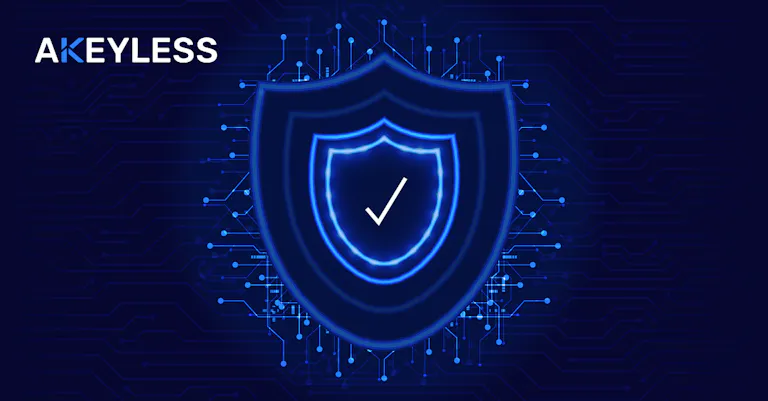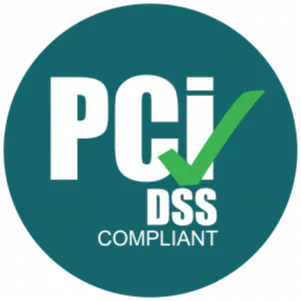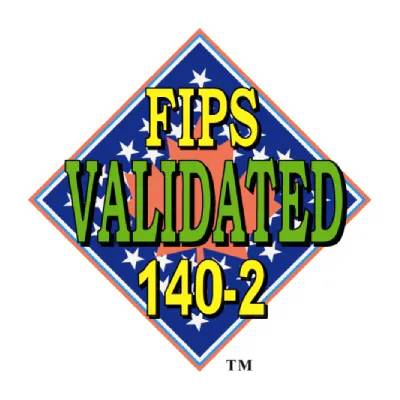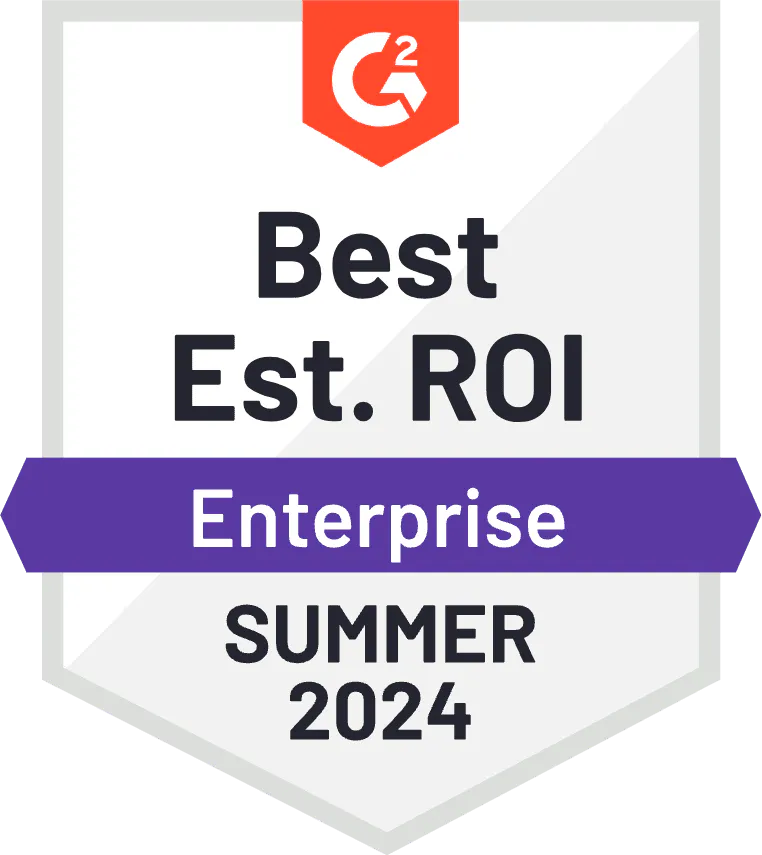Posted by Joyce Ling
December 24, 2023
Access control is a method of ensuring that only authorized people can enter certain physical or digital areas, or use specific resources. It’s often related to secrets management and enhances overall security. It creates a centralized authority, and streamlines compliance reporting. The goal? To better manage access levels throughout human and non-human identities, improving your security.
There are several different types, with each providing different benefits and challenges. Being aware of these challenges and how to avoid them by using industry-standard best practices helps minimize the learning curve to help you start reaping the benefits.
So, let’s explore the different challenges facing access control (especially in secrets management) and how following best practices can help you overcome them.
What are the Challenges of Access Control?
Access control can go far in enhancing an organization’s security posture and secrets management, but it’s not without its challenges. So, let’s go over a few key challenges you may face when implementing any form of it.
- Communication with decision-makers: It’s crucial to start by having decision-makers focus on policy management, which IT will then translate into the appropriate model implementation. Starting with policy prevents fixing or rolling back issues that may otherwise occur.
- Creating effective monitoring and reporting: Monitoring the effectiveness of an implemented access control model and properly reporting results is crucial for improvement and possibly compliance. Make sure to implement monitoring as you deploy the chosen solution.
- Avoiding user password fatigue: Certain approaches to access control require users to change their passwords frequently. This can lead to password fatigue, encouraging users to store passwords improperly (and often vulnerably). Avoid password fatigue by implementing SSO and creating password policies that balance security and usability.
- Accommodating distributed ecosystems: Distributed digital environments are increasingly common in modern enterprises, which can make some models of access control a challenge to implement without causing issues for users.
It’s crucial to have a strong understanding of your digital ecosystem, available third-party solutions, and in-house talent to choose the right access model that addresses your needs.
What are Best Practices for Implementing Access Control?
Access control can enhance everything from secrets management to mitigating damage caused by a data breach. However, it needs to be implemented properly.
A few key best practices to consider are:
- Prioritize the right use cases: Implementing any access control model company-wide is a significant undertaking. Instead, start with specific use cases that will deliver the most value. What digital asset is the most sensitive? What accounts have the highest level of access? Start with these types of questions, and then you can work towards securing other systems.
- Follow the principle of least privilege: This principle calls for only giving users and non-human identities access to only the digital assets necessary for their roles. Every access model can put this principle to work by considering who needs to access which system and implementing the model accordingly.
- Frequently review and update access controls: Deploying your chosen model isn’t the end of the story. You’ll need to review and likely update controls periodically and continually. Make sure only valid accounts have access levels by removing unused accounts, evaluating any issues that generate tickets from users, and understanding the overall effectiveness of securing your system.
Team Up with Akeyless for Secure Secrets Management
Access control can protect your organization, but it needs to be implemented and maintained appropriately to reap the benefits. Being aware of the above challenges and best practices will minimize the time it takes to benefit from your new access control practice.
Secrets management is a central component of access control but can be challenging to take on by yourself. Akeyless is an industry-leading secrets management provider and our secure solution that’s easy to implement in your tech stack.
Ready to discover how we can help? Reach out to us today to schedule a demo to see what we can do for you.
















